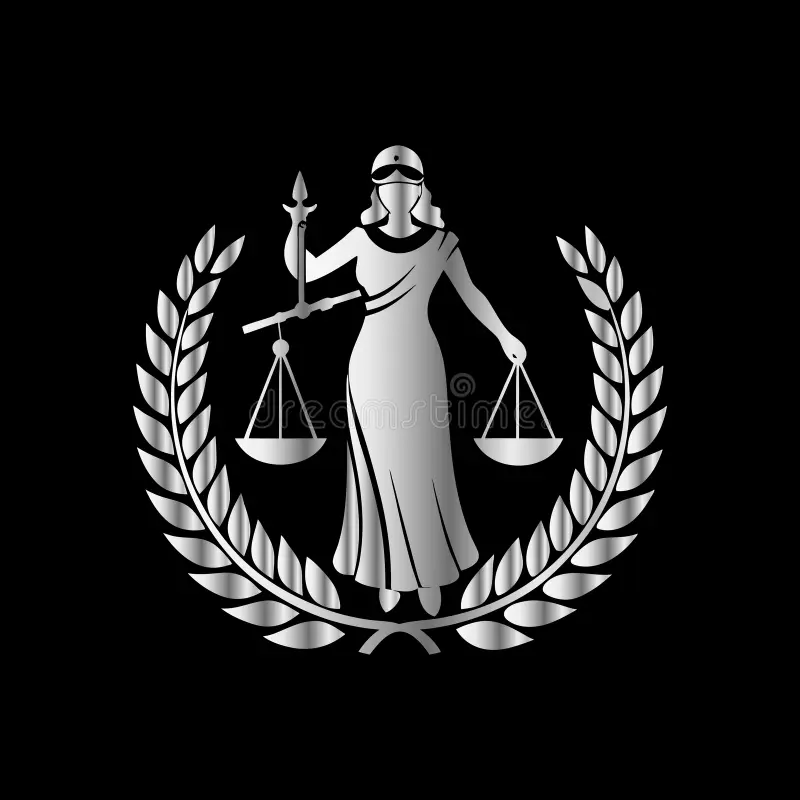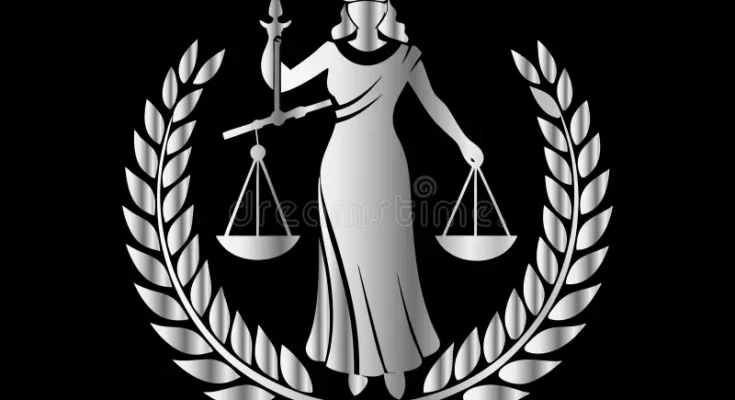Understanding the Role of a Lawyer: Guardians of Justice and Law
Lawyers play an essential role in society, ensuring that justice is served and legal rights are protected. From representing clients in court to providing legal advice, their work influences many aspects of daily life. Whether they are helping individuals, businesses, or governments, lawyers are dedicated to upholding the law and maintaining order.

Who Is a Lawyer?
A lawyer is a professional who is qualified to give legal advice, represent clients in legal matters, and advocate for justice in courts and other legal settings. Lawyers are often referred to as attorneys, counsels, or legal advisors, depending on their role and the region they practice in.
The Responsibilities of a Lawyer
Lawyers have diverse responsibilities, which may vary depending on their specialization and area of practice. Some common duties include:
1. Providing Legal Advice
Lawyers help clients understand their legal rights and obligations. They offer advice on matters such as contracts, business dealings, family issues, property disputes, and more.
2. Representing Clients in Court
Lawyers represent clients in civil and criminal trials. They present evidence, argue cases, and defend their clients’ interests in front of judges and juries.
3. Drafting Legal Documents
Lawyers prepare documents like contracts, wills, deeds, and agreements. They ensure these documents are legally sound and protect their clients’ interests.
4. Negotiating Settlements
Many legal disputes are resolved outside of court. Lawyers negotiate settlements between parties to avoid lengthy trials and reach mutually acceptable agreements.
5. Upholding Justice
Lawyers play a critical role in maintaining justice by defending those accused of crimes, prosecuting criminals, and representing victims in search of justice.
Different Types of Lawyers
Law is a vast field with many specializations. Some common types of lawyers include:
-
Criminal Lawyers: Defend individuals accused of crimes or prosecute offenders on behalf of the government.
-
Family Lawyers: Handle matters such as divorce, child custody, and adoption.
-
Corporate Lawyers: Advise businesses on legal issues like contracts, mergers, and compliance with regulations.
-
Personal Injury Lawyers: Represent clients who have been injured due to accidents or negligence.
-
Immigration Lawyers: Assist clients with visas, residency, and citizenship processes.
-
Environmental Lawyers: Advocate for the protection of the environment and ensure compliance with environmental laws.
-
Intellectual Property Lawyers: Protect clients’ creative works, inventions, trademarks, and patents.
Skills and Qualities of a Good Lawyer
Being a successful lawyer requires more than just legal knowledge. Here are some important skills and qualities:
-
Strong communication skills: Lawyers must be able to explain complex legal concepts in simple terms and argue persuasively in court.
-
Critical thinking: They need to analyze situations, identify legal issues, and find effective solutions.
-
Attention to detail: Precision is vital when interpreting laws, drafting documents, and presenting evidence.
-
Ethical integrity: Lawyers are held to high ethical standards and must act in their clients’ best interests while upholding the law.
-
Negotiation skills: Many legal matters involve settlements and compromise, requiring excellent negotiation abilities.
Why Lawyers Matter
Lawyers are crucial in ensuring fairness and justice in society. They protect individuals’ rights, promote the rule of law, and help resolve disputes in a fair and just manner. Their work supports the functioning of businesses, governments, and the legal system as a whole.
Conclusion
Lawyers are much more than courtroom advocates—they are trusted advisors, problem solvers, and defenders of justice. Their expertise and dedication help maintain order in society, safeguard human rights, and ensure that laws are fairly applied. Whether working on high-profile cases or helping individuals with everyday legal matters, lawyers make a significant impact on people’s lives.


